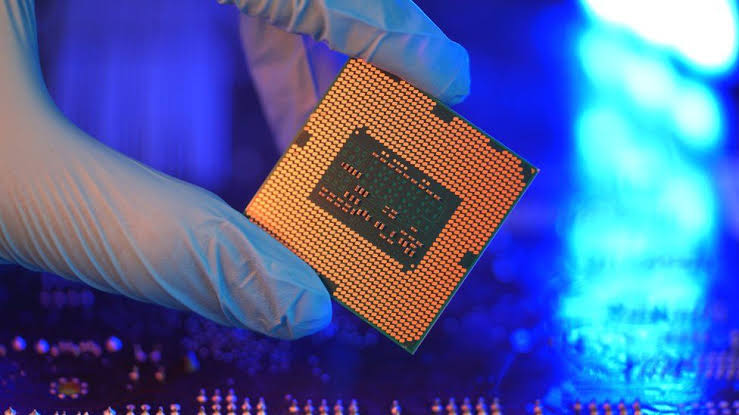
China Regulates AI Semiconductor Metal Exports
The Chinese government has announced plans to regulate the export of metals primarily used in producing semiconductors for artificial intelligence (AI) system development.
The Chinese Ministry of Commerce and the General Administration of Customs issued a joint statement on July 3 stating that the controls are intended to protect national security and that exporting specific gallium and germanium products will require a government-issued license.
Eight gallium-related products will be subject to controls beginning on August 1: gallium antimonide, gallium arsenide, gallium metal, gallium nitride, gallium oxide, gallium phosphide, gallium selenide, and indium gallium arsenide.
In addition, they address six germanium-based products, including germanium dioxide, germanium epitaxial growth substrate, germanium ingot, germanium metal, germanium tetrachloride, and zinc germanium phosphide.
Gallium is a metal commonly used in electronics, with semiconductors, transistors, and lasers being the most general applications.
It is also used to create LEDs. In addition to solid-state electronics and fiber-optic systems, germanium produces semiconductors.
According to the statement, anyone who exports these items without authorization or in excess will be punished.
According to a report published by the European Commission and the European Association of Critical Raw Materials Alliance (CRMA) in 2023, “the global supply of germanium is still highly concentrated in China.”
China produces over 80 percent of the world’s gallium, according to the CRMA.
In October 2022, the United States imposed sanctions that denied Chinese developers access to the market’s most advanced semiconductors.
These included the A100 and H100 chips manufactured by Nvidia.
The A800 and H800 Nvidia chips are currently available on the Chinese market. Due to their inferior technology, however, they can only support small-scale AI models.
According to reports, Chinese companies seek alternatives to the lack of access.
U.S. officials are considering additional restrictions on the exports of high-level AI chips required to manufacture robust systems.
Nvidia, a leading manufacturer of coveted semiconductors, has seen the value of its chips skyrocket since the AI boom.
